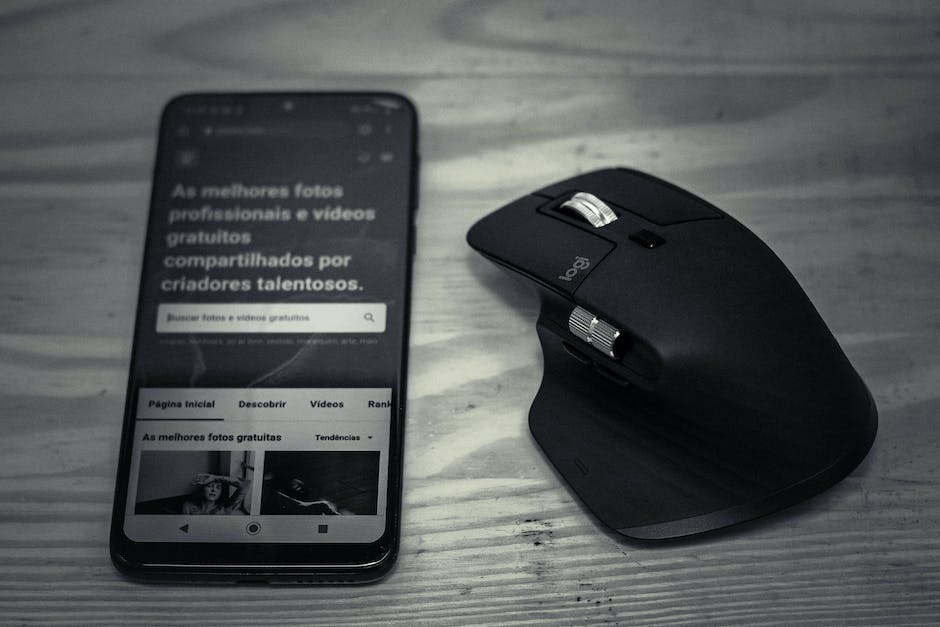Want to Be Super Successful? Science Says Do Any 1 of These 10 Things

Chris Winfield is an entrepreneur and writer, and if you like this post (and the next two in the series), he’s created a special bonus area with a worksheet and 40 powerful morning habits you can adopt. And that’s why he’s a great resource for entrepreneurs.
Excellence is a habit
“We are what we repeatedly do. Excellence, then, is not an act, but a habit.”
- Aristotle
- These words are actually an interpretation of a passage from Aristotle’s writings by historian Will Durant
- And for most of my life, I didn’t believe them.
Read a book, even if just one page at a time
Joshua Becker, bestselling author of Simplify, has made it a goal to read a book a week because reading makes him a better leader, increases his worldview and knowledge base, and reinforces his self-discipline
- By breaking the big process (reading a whole book!) into something manageable (one chapter) he is able to read about 50 books each year.
Write
Prime yourself for creativity
- Spend time writing to become a better communicator, improve your ability to recall important information, and enhance your creativity.
- Morning Pages: clear your mind and clarify what you want out of life
- Make a daily to-do list to be prepared for the day ahead
Break your day into chunks
Tim Ferriss, author of The 4-Hour Workweek, sets his daily schedule in a way that doesn’t keep him on the same task for very long
- No two days are ever really the same
- Spend as much time as possible doing what you want by maximizing output in minimal time
- How you use time and trade it for experience is what really matters
Be proactive
Don’t check your email first
- This can cause you to spend the best part of your day focusing on other people’s priorities instead of your own
- For example, if you receive an email asking for work-related documents, you might be compelled to provide them immediately, even though you had plans to work on marketing your own business that day
Theme your workdays
Jack Dorsey, co-founder of Twitter and Square, managed both companies at the same time by setting aside different tasks for different days of the week.
- Monday: Management
- Products
- Wednesday: Marketing and growth
- Thursday: Developers and partnerships
- Friday: Company culture and recruiting
- Saturday: Day off
- Sunday: Reflection and strategy
Visualize your success
Practice visualization 10 minutes a day to “harness the power of your subconscious mind.”
- Close your eyes and imagine yourself excelling and being the best you.
- Include as much detail in your visualizations as possible, using all of your senses and making your “training” even more powerful.
Make yourself accountable:
Find a partner or mentor to hold you accountable
- Eric “the Hip-Hop Preacher” Thomas believes that accountability partners are crucial for success
- Make a list of 3 people whom you trust and respect and have a conversation about what you want to accomplish
- Decide which of these individuals will serve best as an accountability partner for the specific milestone you are trying to reach
Why You Need a Routine
Establishing a positive daily routine is both a self-investment and a way to do your best for the rest of the world.
- It also provides additional benefits like giving you structure, building forward-moving habits, and creating momentum that will carry you on the days when you feel like you don’t have the strength to carry yourself.
Optimize Your Mind
Create regular and consistent daily patterns that will take you where you want to go in life, helping you maximize yourself on every level possible
- Get positive
- Start the day with a mantra
- What makes a day good or bad isn’t the events that occur but rather your response to them
Take regular breaks throughout the day
The Pomodoro Technique is invaluable at helping keep energy levels high and “forcing” you to take regular breaks.
- Choose a task and work on it for 25 minutes, then take a five-minute break to decompress and reevaluate.

